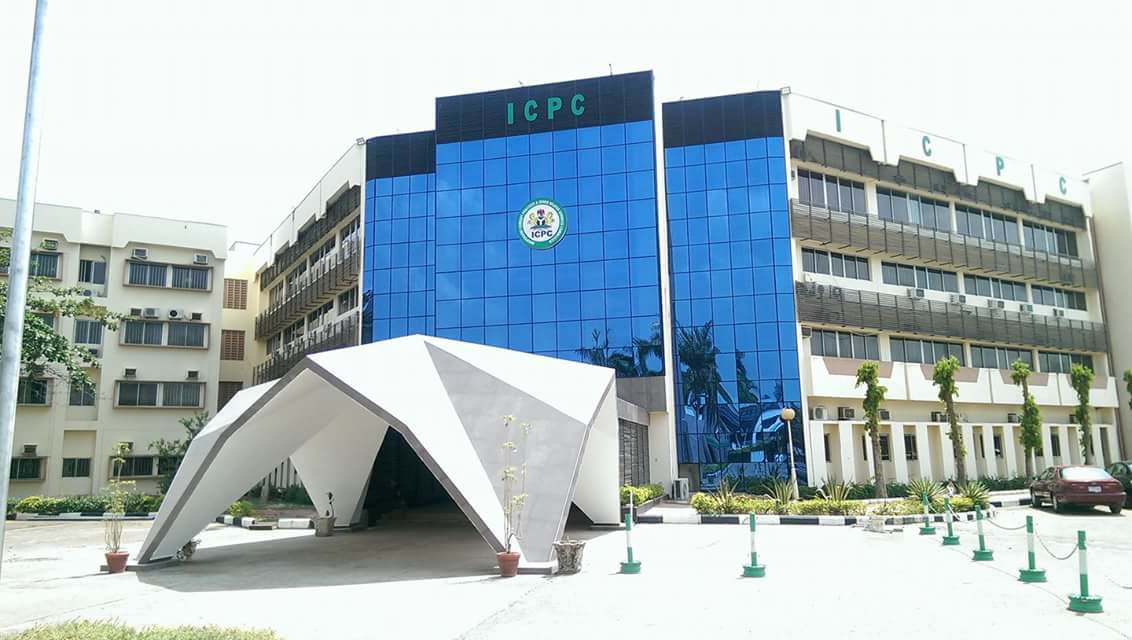A Federal High Court in Abuja has frowned at the conduct of the defence counsel in the ongoing trial of Senator David Iornem, accused of operating an illegal university by the Independent Corrupt Practices and Other Related Offences Commission (ICPC).
Justice Ahmed Mohammed said that the defence had used four adjournments in cross-examining the Registrar of the Joint Admissions and Matriculation Board (JAMB), Prof Ishaq Oloyede, a key prosecution witness, without concluding, thereby causing a delay in the trial.
Justice Mohammed said: “Taking into account his status in the society and his age, I am not comfortable that this witness is being called for the fourth time only for cross examination. I will not condone this delay.”
The judge spoke at the resumption of proceedings yesterday, shortly after Oloyede entered the witness box and complained of ill-health.
Defence lawyer, Chris Alashi, tendered copies of some papers and lectures written by Oloyede after which the witness identified them work as some of the work he had done.
Alashi later applied to tender the documents in evidence, an application the ICPC prosecutor, Ebenezer Sogunle, objected to on the grounds that they were computer-generated, and that the defence had not complied with the condition laid down in Section 84 of Evidence Act, 2011.
Alashi, however, argued that the witness had identified the documents, without stating that they were computer-generated. But that he only made such insinuation in respect of one of the documents.
He noted that the court had earlier admitted the documents, which it marked PL5, an observation Sogunle faulted, stating that while the documents were earlier admitted under Section 83 of the Electoral Act, his current objection was based on Section 84 of the Electoral Act.
Justice Mohammed adjourned the matter to December 12 for ruling.
Senator Iornem (also a professor) is being prosecuted by ICPC on a three-count charge of allegedly operating an illegal university and “obtaining under false pretence.”
In his earlier testimony, Oloyede, a former Vice Chancellor of the University of Ilorin, gave an account of how the defendant attempted to dupe him in 2012 by proposing to award him a doctoral degree at $11,550.
Oloyede, said because he was conversant with the university system all over the world, he knew that the offer was not only fake, but also dubious.
The witness said he was a vice chancellor at the time the incident happened and that the steps he took thereafter led to the defendant’s arrest and ongoing prosecution.
Oloyede said: “When I was the vice chancellor of the University of Ilorin and also, the chairman, Committee of Vice Chancellors of Nigerian Universities, I got a letter from Prof. David Iornem, offering me a professional and academic doctoral degree for the sum of $11,550.
“I suspected that it was not proper for an academic and professional doctoral degree to be so awarded without any application.
“I did not apply and therefore considered the offer unethical. I later wrote to the regulator of universities, the Executive Secretary, National University Commission (NUC). I attached the letter I received from the Commonwealth University.
“My intention was to ensure that the NUC investigated to establish the propriety or impropriety of the action.
“The degree he (Prof. Iornem) offered me was a professional and academic degree of Commonwealth University, Belize.
“From exposure, (I have about four decades of university life as a teacher) I am very familiar with university system all over the world.
“I also suspected, given my position in the university globally, I suspected that that university was non-existent,” Oloyede said.

